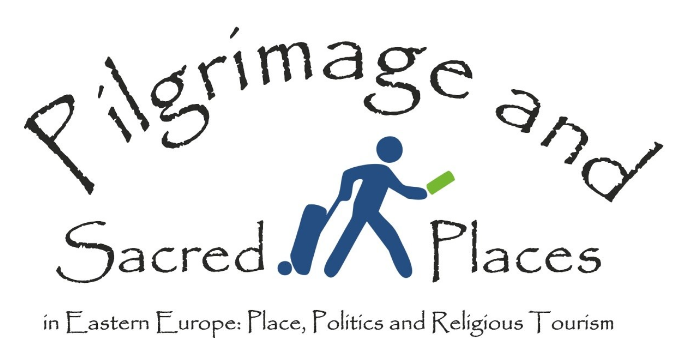CONFERENCES AND SYMPOSIA
The Department of Ethnology and Anthropology has independently or in collaboration with other universities, scientific, and other institutions organized a series of international and domestic scientific conferences, symposia, student gatherings, roundtable discussions, and similar events. Notable among these are:
Fragility
Organizers: Project Digital Aestheticization of Fragile Environments - funded within the CHANSE Programme (funding from the European Union’s Horizon 2020 research and innovation programme under Grant Agreement No 101004509,), and with funds from the Croatian Science Foundation. Croatian partner institutions: Institute for Ethnology and Folklore, Zagreb and Department of Ethnology and Anthropology, University of Zadar. Partners: Deakin University (Australia) and Department of Ethnology and Cultural Anthropology, University of Ljubljana
Fragile environments, fragile states, fragile economies, fragile democracies, fragile relationships, fragile borders, fragile communities, fragile bodies, fragile feelings, fragile hopes, digital fragility, fragile peace and so on indicates the pervasiveness of fragility as a descriptor, an interpretation, a claim, an alert, a warning, and also a claim to respond. Fragility, as it is described in dictionaries, refers to the quality of being easily damaged or broken, harmed, or destroyed. It implies extreme delicacy of matter, being, formations or constructions and insinuates a call to “handle with care.” But “careful handling” can mean many things (from “care” to “occupation”), it is stamped by normative activity and can generate diverse experiences, connections, and projections across different life registers (political, aesthetic, moral etc.). Hence, it is not surprising that within academia, fragility, as a concept, has a long history and includes multiple viewpoints. For example, in psychoanalytical contexts fragility implies an unstable relation between culture and drive, that is, the fragility of the social bond and subject (see the work of Mladen Dolar, Alenka Zupančič, Slavoj Žižek). For Judith Butler, to be fragile (vulnerable) is both an existential problem and a chance to reflect upon injury and to identify the mechanisms of power relations that distribute fragility. For Lauren Berlant, fragility, as it is used in our historical present, could be seen as a neoliberal name for “new realism”, an emotionally invested term that circulates widely in and beyond specific circumstances (like ‘precariousness’); its materiality is multiple and its appearances as affect are complex and ambivalent. Sara Ahmed is interested in fragility as a connection “between things deemed breakable”, and Ann Tsing (and her collaborators) in ghosts of fragility consider active remnants of gigantic past human errors affect, interdependent multispecies assemblages (Haraway), and how they affect the daily lives of humans and other-than-human life forms. Others have asked whether fragility, like Butler’s vulnerability, is our shared condition of dependency and solidarity, or a shared existential condition with the potential to unite rather than divide. At this conference we are open to address the concept of fragility from all of these (and others) points of view. Our main questions are: Is Fragility good to think with today? If so, in what ways? How might it be useful? How might its use be manipulative, or how might it mobilize fragile connections? How for instance do certain forms of fragility become nationally or globally recognized, while others are suppressed? Which kinds of infrastructure are built by fragile connections and what imaginaries are emerging from them?
The conference program is available at the link provided.
The Sacred Sea: Religious Practices in Maritime Context
From the 2nd to the 5th of May 2024, a scientific conference entitled The Sacred Sea: Religious Practices in Maritime Context will be held at the Department of Ethnology and Anthropology. The aim of this conference is to bring together scholars interested in past and present religious practices within the maritime context, in order to discuss, combine, and compare different approaches, issues, and perspectives regarding the connection between saints and the sea.
This conference is part of the project "Adriatic Maritime Pilgrimages in Local, National, and Transnational Contexts", funded by the Croatian Science Foundation and conducted at the Department of Ethnology and Anthropology of the University of Zadar since 2020, marking the final phase of the project.
The conference program is available at the link provided.
Crowdsourcing Landscapes - Digital Recording of Landscapes
The colloquium "Crowdsourcing Landscapes - Digital Recording of Landscapes" took place on April 13th and 14th, 2023, marking the 10th anniversary of the dry stone wall geoportal Suhozid.Hr. The colloquium was held at Čačina gomila and Domaćinova bunja on the peninsula of Srima near Vodice. The following presentations were delivered:
- Jadran Kale: Open Spaces in Pre-Internet Heritage Inventories
- Filip Šrajer: The First Ten Years of the Suhozid.Hr Inventory
- Kristijan Juran and Ante Blaće: Venetian and Austrian Cadasters in the Context of the Scientific Project "Modrave - Cultural Landscape in Historical Perspective"
- Tanja Kremenić and Goran Andlar: A Case Study of the Cres-Lošinj Archipelago
- Sanja Lončar and Goran Andlar: Hedgerows in the Petrinja Pokuplje Region
- Mario Zaccaria: Application of Digital Technologies in the Examples of Mošćenička Draga and the Settlement of Janjetići in Lovran
In addition to the lectures, a workshop on data entry on the new Arches platform was conducted under the guidance of Filip Šrajer. The workshop included a presentation of the administrative and collaborative interfaces of the dry stone wall geoportal, a demonstration of the technique for recording dry stone structures and sites, and an example of entering recorded objects into the geoportal.
Online participation in discussions and the storage of video recordings of the presentations were facilitated through the Suhozid Park Srima Facebook page. The attached graphic is a work by Tomislav Čeranić.
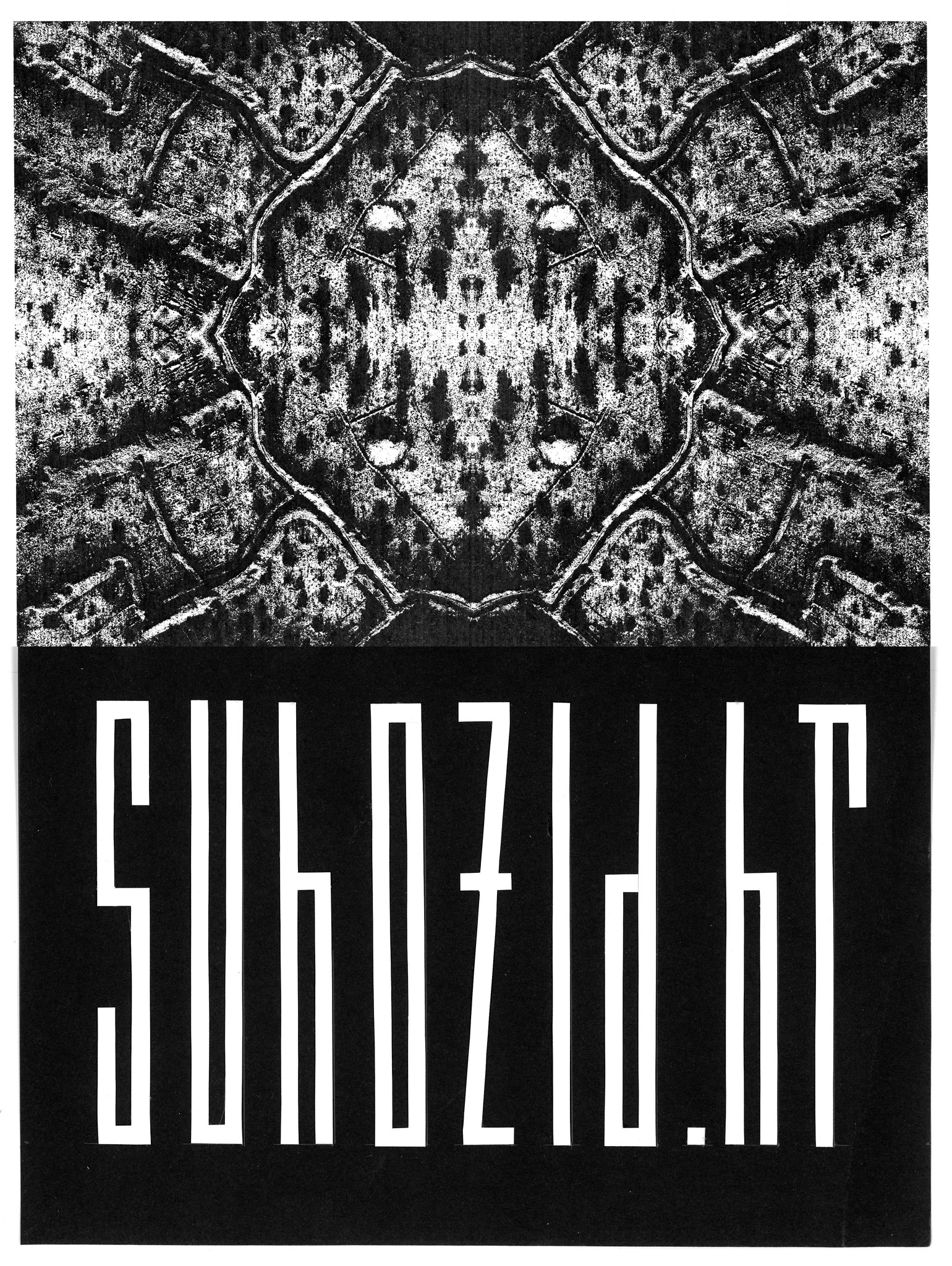
In the Frictions: Fragments of Care, Health and Wellbeing
From April 27th to 29th, an international scientific conference titled "In the Frictions: Fragments of Care, Health and Wellbeing" took place at the University of Zadar. The conference was co-organized by the Department of Ethnology and Anthropology at the University of Zadar and the Institute for Philosophy and Social Theory at the University of Belgrade, with sponsorship from the Wenner-Gren Foundation. Over the course of three days, 50 presenters engaged in discussions related to care, health, and wellbeing.
Two keynote speakers, Sabina Stan and Čarna Brković, contributed to the conference. Sabina Stan is an associate professor of social anthropology at Dublin City University in Ireland, focusing her research on postsocialist transformations in agriculture and healthcare in Romania, intra-European mobility in healthcare, and collective action in response to healthcare privatization and austerity measures in Europe. Her work has been published in various outlets, including CNRS (Paris), Routledge, Oxford, and Rowman & Littlefield.
Čarna Brković is a professor of cultural anthropology and ethnology of Europe at the University of Mainz. Her research has centered on clientelism in social welfare in Bosnia and Herzegovina, explored in her book "Managing Ambiguity" (Berghahn, 2017). Currently, she is working on a book about how the transition from Yugoslav socialism to neoliberal capitalism has altered the meaning and practice of humanitarianism in Montenegro.
The conference aimed to establish a network of anthropologists and related scientists in the Balkans addressing issues of care, health, and wellbeing. The program and abstract booklet are available here.
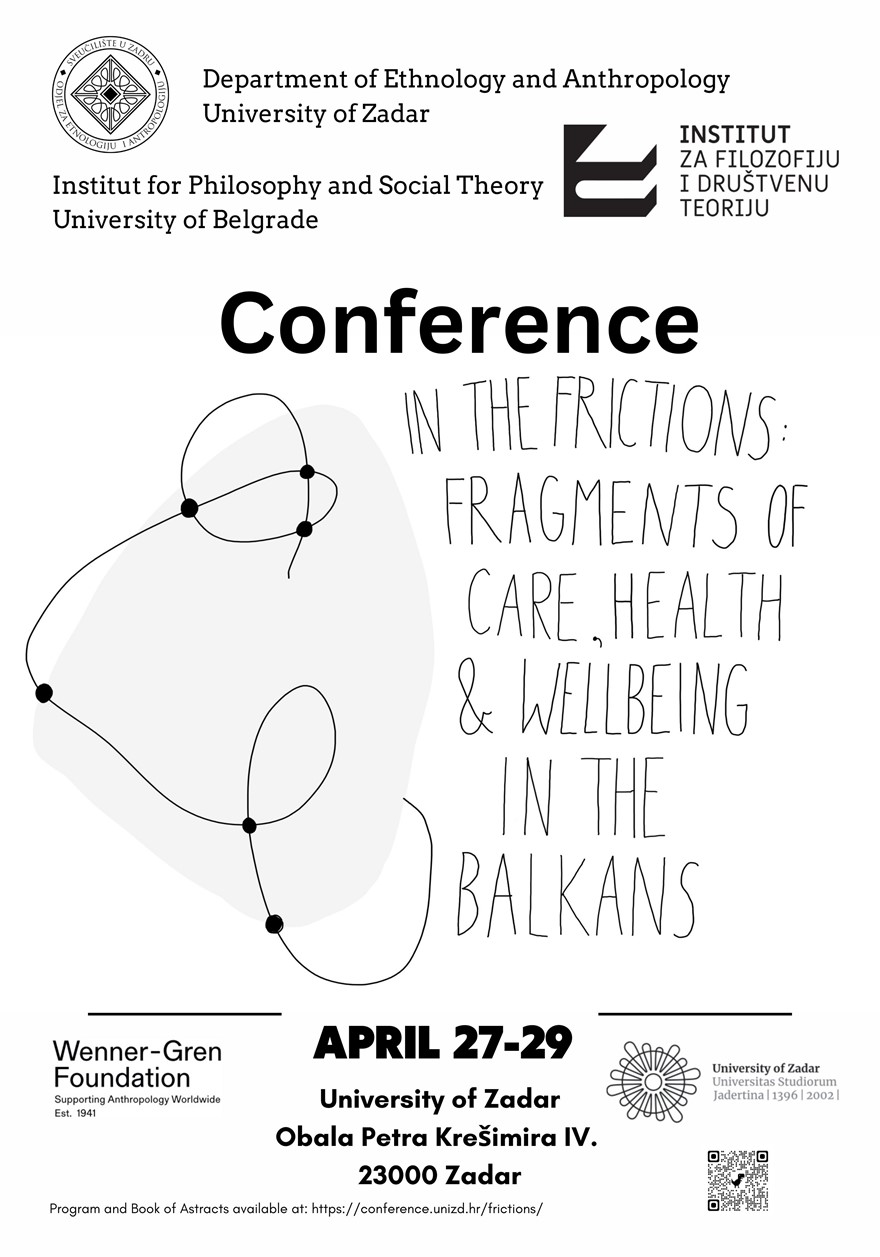
Video Games as a Common Ground
In collaboration between the Department of English Studies and the Department of Ethnology and Anthropology, an international scientific conference on video games, titled "Video Games as a Common Ground," took place on September 2nd and 3rd, 2022, at the University of Zadar. Over the course of the two-day conference, held entirely online, 36 scholars from various fields of social and humanistic sciences, all with an interest in video game studies, presented their research.
The conference was open to all colleagues, students, and the general public interested in the subject. The conference program can be accessed on the official conference website.

Anatomy of Islands
For several years now, the Department of Ethnology and Anthropology has co-organized several international symposiums titled "Anatomy of Islands" in partnership with the NGO Anatomy of Islands and the Institute of Ethnology and Folklore Research from Zagreb. Our undergraduate and graduate study programs place great emphasis on the Mediterranean orientation and stress the importance of immediate ethnographic research experience, both for our academic staff and students.
As a result, we were eager to actively participate in the organization of the Anatomy of Islands conferences by sharing our research findings within the committed academic community of nisologists. This engagement strengthens our commitment to promoting interdisciplinary and collaborative research, international cooperation, and scientific excellence. Through exploring diverse cultural phenomena in island communities, we aim to broaden our understanding of islands and provide valuable findings that enhance our students' learning outcomes. So far, we have successfully co-organized several symposiums, with each one focusing on the different island-related topic that call for an interdisciplinary approach.
2019. 8th Anatomy of islands Symposium Islands in Focus: From Narrations of Vulnerability to Empowerment, 29th of September – 1st of October – Island of Lastovo, Croatia
2019. L.A. {AGRI}CULTURE interdisciplinary workshop in collaboration with Dobre Dobričević NGO for students of urban planning and/or architecture, agronomy, law, geography and ethnology.
2021. 9th Anatomy of islands Symposium Islands and Crises: Resilience and Sustainability of Island Communities, 27th – 29th of September 2021. – Island of Lastovo, Croatia.
2022. 10th Anatomy of islands Symposium Climate Change and Environmental Futures of Islands, 26th – 28th of September 2022. – Island of Lastovo, Croatia.
2023. 11th Anatomy of islands Symposium Islands at the Table: Mediterranean Diet between Global Processes and Island Knowledge, 28th – 30th of September 2022. – Island of Hvar, Croatia.
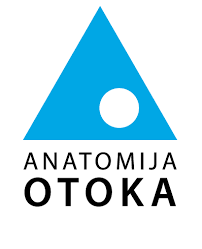
InASEA: Emotions, Senses and Affect in the Context of Southeast Europe | University of Zadar, 2018
Feelings and emotions are essential parts of the human condition, shaping our interpersonal relations and connections as well as our world view. In our world that has, for the last decades, been dominated by the impact of rationality and technical progress, of transformation and economic efficiency, of globalization and migration, the role of emotions in all spheres of life has all too often been neglected. There is a renewed anthropological interest in the study of emotions, affects and feelings that bind individuals and groups in various ways, addressing their economic and political uncertainty and directing attention to people’s arts of existence. As stated in our call the aim of this conference is to extend the exploration of the ‘everyday’ and ‘ordinary’ by focusing on the role of emotions and the varieties of senses in relation to the entire sphere of individual and social life, to social belonging and affect-saturated spaces and institutions such as nation or home region, neighbourhood or friends, family or relatives, strangers or intimates, religious or ethnic groups.
Link available by clicking on the image.

Movements, Narratives and Landscapes
International interdisciplinary conference organized by the the University of Zadar, Centar for scientific research Slovenian academy of science and arts, University of Roehampton in London and Maine University.
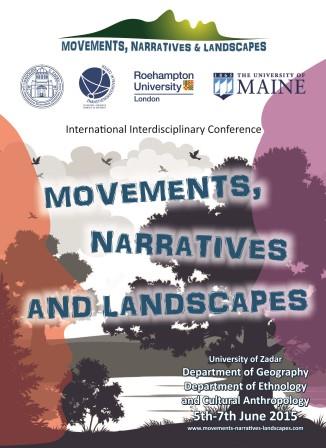
Antropop - Employment of ethnologists and anthropologists within the profession
In November 2013, the University of Zadar hosted a conference Anthropop - Employment of ethnologists and anthropologists within the profession. The conference was organized by former and current students of ethnology and cultural anthropology in cooperation with the Department of Ethnology and Cultural Anthropology, University of Zadar. It was attended by employees of the Department of Tourism and Communication Sciences, the Employment Service, Museum, CISOK, Center for Social Humanities Research, and students of the University of Zadar and the Faculty of Philosophy in Zagreb. The aim of the conference was to present some of the key problems of employment of ethnologists and anthropologists after their studies, and to present positive examples of (self) employment in the profession. The goal was to create a space for development of new ideas and possible projects through which ethnologists and anthropologists could create their own workplace.

Body and Awareness: The Discourse between Anthropology, Literature and the Arts
International conference organized by the Department of Ethnology and Anthropology, University of Zadar, and University of Cork, Ireland. Because of its multidisciplinary approach, the conference has gathered experts from different disciplines with a purpose to rethink concepts of body, awareness and embodiment making specific discursive formations trough the interaction of social sciences and humanities and different forms of artistic expression.
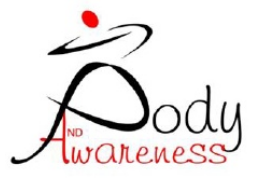
Displaced Tibet
International conference organized by the Department of Ethnology and Anthropology, University of Zadar. The conference was focused on the Tibetan Diaspora in Indian state Himachal Pradesh, problems of Tibetan government in exile, and problems of Tibetan culture caused by its displacement.
History as a Foreign Country: Historical Imagery in South-Eastern Europe
International conference organized by the Department of Ethnology and Anthropology, University of Zadar, Department of Croatian studies, University of Zagreb and the “Alexander von Humboldt“ Foundation.

Pilgrimage and Sacred Places in Eastern Europe: Place, Politics and Religious Tourism
International conference organized by the Department of Ethnology and Anthropology, University of Zadar, University of Klagenfurt, University of Kent, University of London, University of Zagreb, and University of Split.
